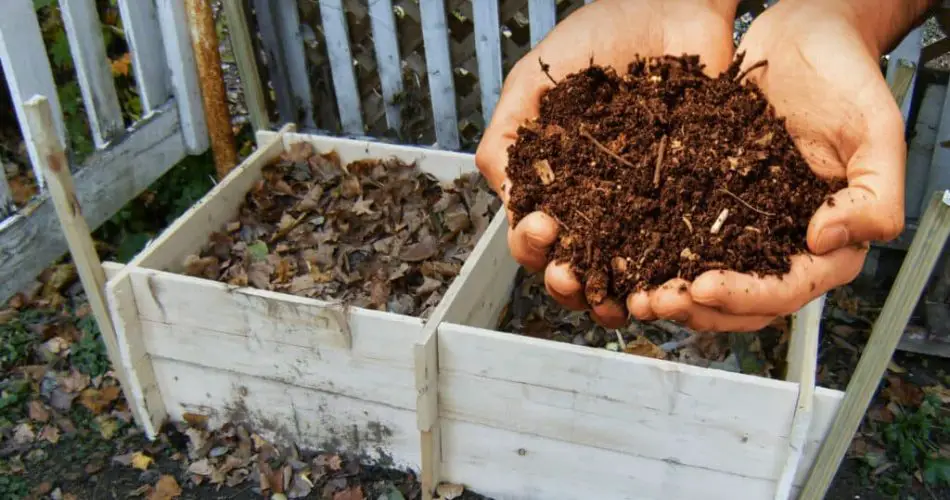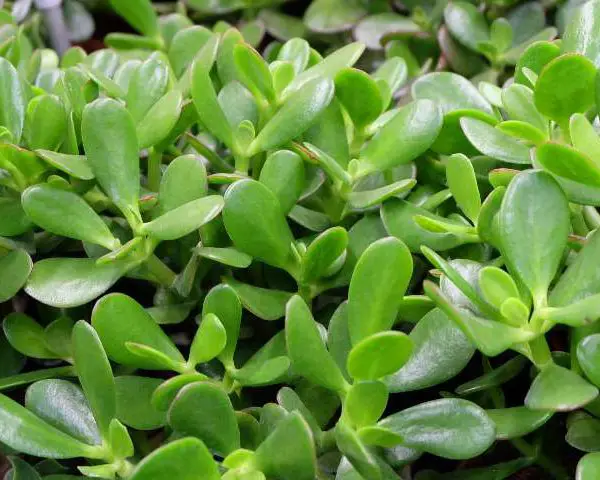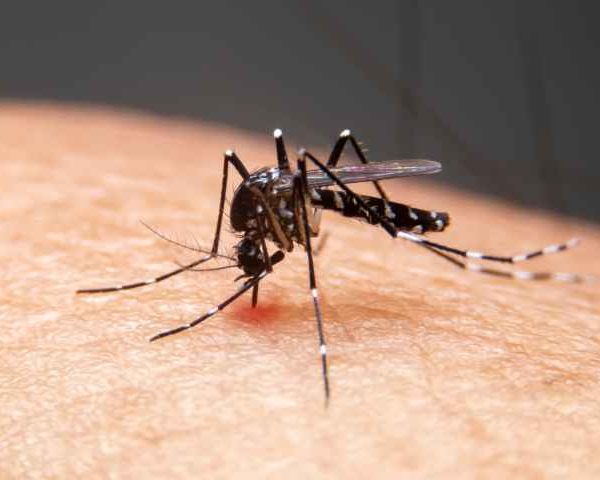Autumn is an excellent time to start composting with the abundance of organic waste that accumulates in your garden and vegetable plot, such as vegetable tops, fallen leaves, branches, and weeds. By transforming these materials into homemade compost, you can create a valuable fertilizer for your garden beds next season. To achieve high-quality compost, follow these essential steps and tips:
Benefits of Compost
Compost is a light, loose material that improves soil structure and enhances soil fertility. Mature compost is rich in beneficial bacteria, amino acids, and other essential plant nutrients. To produce top-notch compost, adhere to these key principles:
What to Include in Your Compost
Almost all plant residues and organic kitchen waste are suitable for composting. This includes:
- Weeds
- Grass
- Fallen leaves
- Branches
- Vegetable tops
- Eggshells
- Ashes
- Bread
However, avoid adding inorganic materials, glossy paper, and animal waste treated with plant poisons.
Setting Up Your Composter
- Prepare the Base: Start by placing a mole screen at the base of the composter to protect it from moles and other pests that can damage the compost and worms. Add coarse organic matter like branches, bark, and straw to create a drainage layer and ensure proper air circulation.
- Layering: Add layers of green weeds, vegetable tops, rotten fruit, and kitchen waste. Regularly mix these layers and incorporate garden soil or turf and last year’s compost to speed up decomposition and enrich the mixture with beneficial bacteria.
Balancing Components
The key to effective composting is the balance between nitrogenous and carbonaceous materials:
- Nitrogen-rich materials (e.g., green waste, manure) should be around 60% for creating biohumus and supporting worms.
- Carbon-rich materials (e.g., dry leaves, straw) should make up the remainder.
Monitor and adjust the pH level of your compost. If using a lot of nitrogenous materials, the compost’s pH may drop. Correct it by adding dolomite flour, chalk, lime, or ash.
Managing Heavy Materials
Autumn often introduces heavy materials like fallen leaves and branches, which decompose slowly. Speed up the process by:
- Watering the compost with cow manure, bird droppings, or nitrogen fertilizers.
- Using biological preparations to support beneficial microorganisms.
Additional Tips
- Cover the compost with agrotextile or mulch to retain moisture and create optimal conditions for worms and bacteria.
- Protect the composter from frost, if necessary.
- For rapid composting of large quantities of organic waste, consider the anaerobic method using construction waste bags, which requires less effort and accelerates decomposition.
By following these guidelines, you can effectively recycle organic waste and produce valuable compost, reducing your need for store-bought fertilizers and benefiting your garden or vegetable plot.



